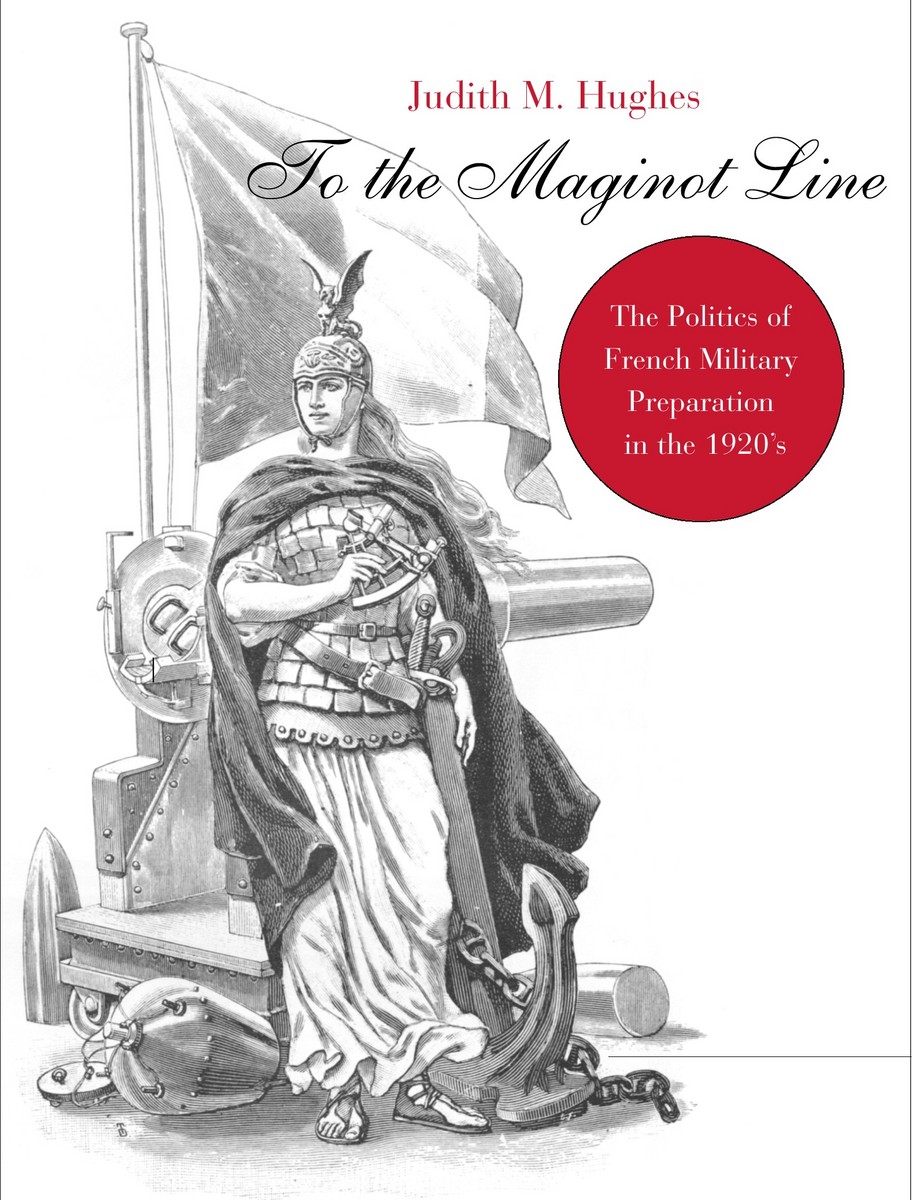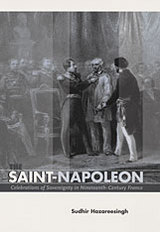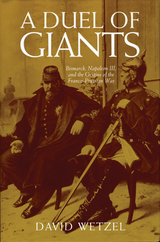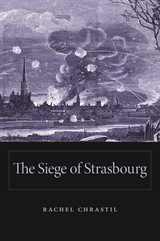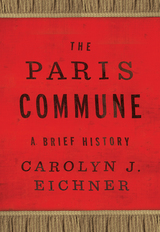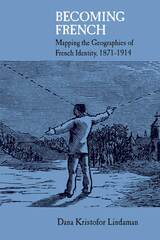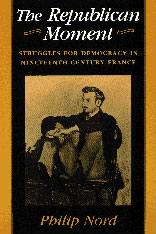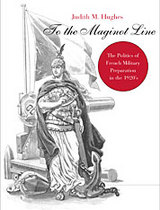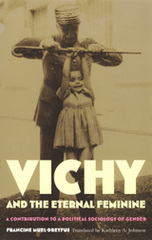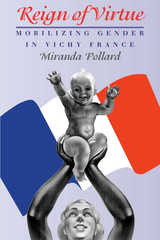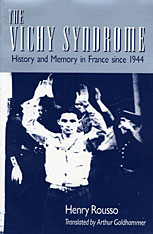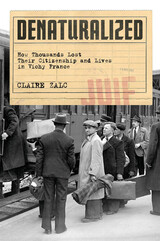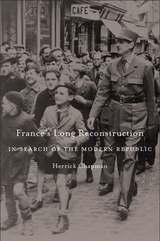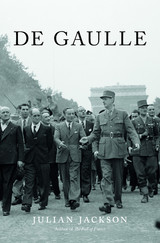Paper: 978-0-674-02386-4 | eISBN: 978-0-674-03889-9 | Cloth: 978-0-674-89310-8
Library of Congress Classification DC367.H84 2006
Dewey Decimal Classification 355.7094409022
“[A] stimulating and excellently documented book…Individual personalities are particularly well handled. Foch and Pétain, Poincaré and Blum—all emerge with veritable life in them. The trends of French interwar history are deftly carried through onto these pages with an unobtrusive lucidity and persuasiveness.”—Michael Hurst, American Historical Review
“Admirable…Instead of working backward from 1940, seeking causes and culprits of collapse in the 1930s, Ms. Hughes has wisely chosen to begin in 1918 and to focus upon the 1920s. This chronology has given her a fresher perspective and a wider scope for sympathy than other commentators of the period. It is the great merit of this book that it passes judgments with compassion and restraint. Indeed, Professor Hughes insists upon viewing French military policy in the broadest possible context of international developments, domestic politics, economic problems, and intellectual moods; from these elements, she weaves a dilemma of tragic dimensions in which the confusions and mistakes of individuals are reviewed with kindness and realism.”—Charles C. Bright, Political Science Quarterly
The decision to fortify northeastern France has usually been considered a tragic mistake, an example of bad planning and missed opportunities. Not so, says Judith M. Hughes, who provides a convincing view of how France’s military and political leaders tried to safeguard their nation—and why they failed.
See other books on: 1914-1940 | 1920's | Fortification | History, Military | Strategy
See other titles from Harvard University Press
